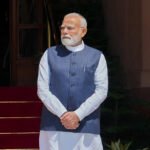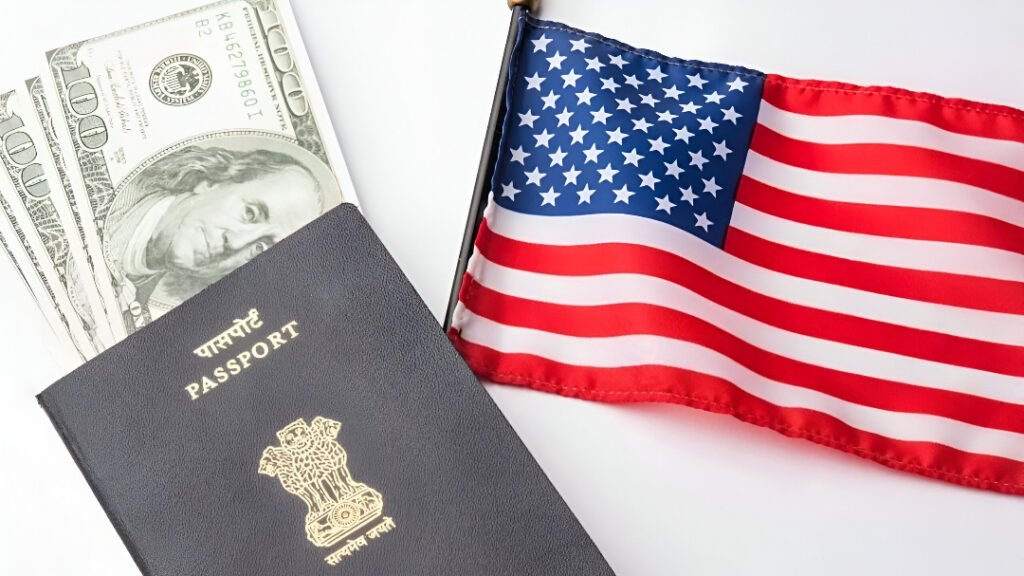
Effective June 2025, the United States has made it mandatory for all receivers of F, M, and J non-immigrant visas, including students, vocational trainees, and exchange visitors, to set their accounts to public so that the government can screen them. This strict regulation is issued by the State Department on enhancing USA Visa national security as an approach to allow consular officers a much easier and precise method of cross-checking the identity and admissibility of applicants.
Change comes with updated processes; thus, here is how the new screening photos work.
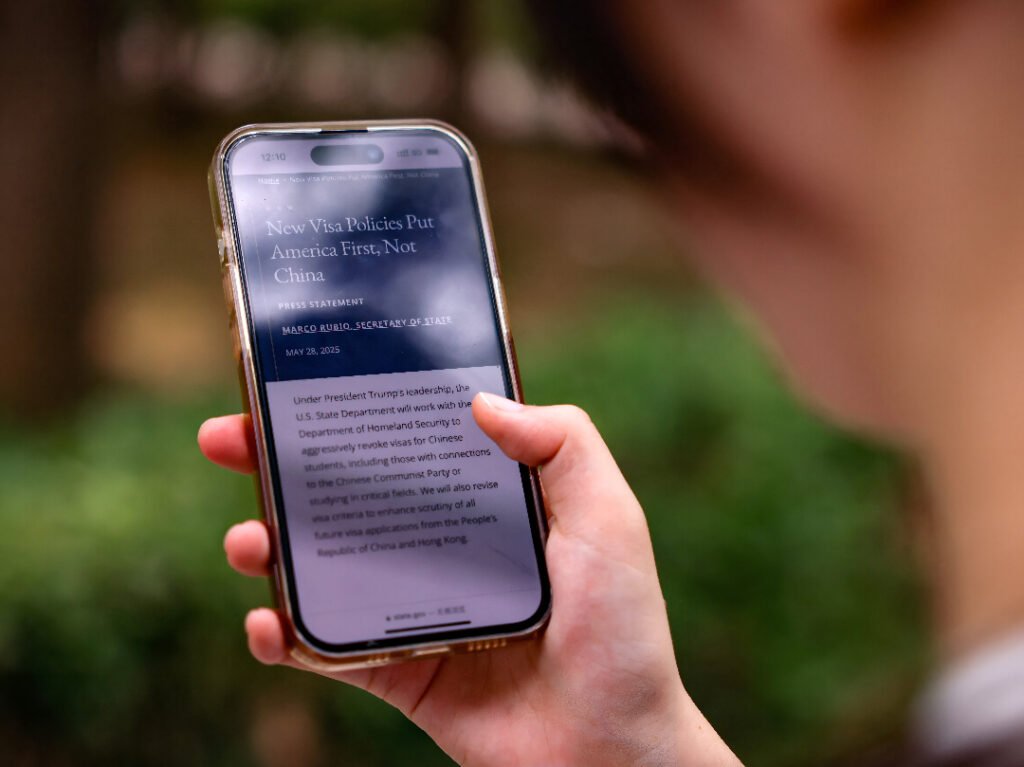
Social networking platforms such as Facebook and Instagram have been joined by X (Twitter) and LinkedIn, where social interactions are taking place. As a minimum requirement, applicants should update privacy settings while posting comments or likes behind closed doors. On top of this, they must cite every username associated with the past five years on the DS-160 visa application form. Unlike traditional methods, which treated respondents’s information as sacrosanct confidential knowledge that could not be altered by or accessible to any entities outside themselves, in this case there is no distinction between old and new applications.
What American Officials Will Evaluate
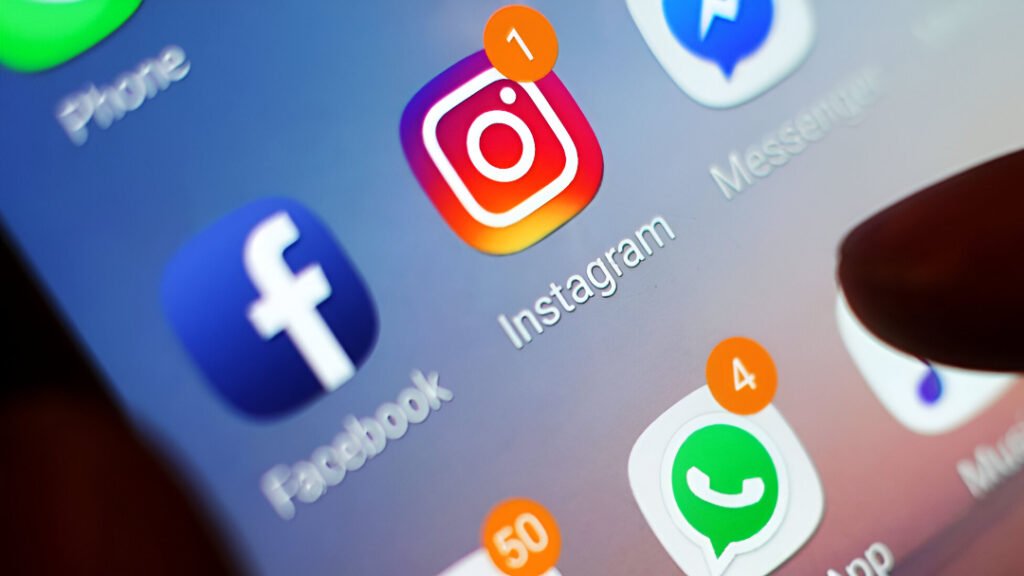
Applicants for a U.S. visa will be profiled and interrogated about their inclination towards the United States, including its culture, government, institutions, or fundamental tenets. The screening also focuses on support for terrorist groups, unlawful antisemitic conduct, and other forms of U.S. national security threats. Any expression or action that is deemed questionable as per American standards may lead to visa denial, and the provision of incomplete or fraudulent facts would render applicants ineligible for future visas.
Consequences for Issued Visas to Non-American ’Citizens
Policies like these have great implications for historians who aim to work on archival research in the country since social media accounts provide basic privacy settings that go beyond uncovered moments. Concerns arise under privacy interpretations where a fear of online content picking up the wrong interpretation arises, as misinterpretation tends to happen more often than not. Worries arise under criticism when vague reasons swing into generic, shallow terms, leading individuals to silence themselves through fear of nonjudgment even when harmless claims could be used against them.
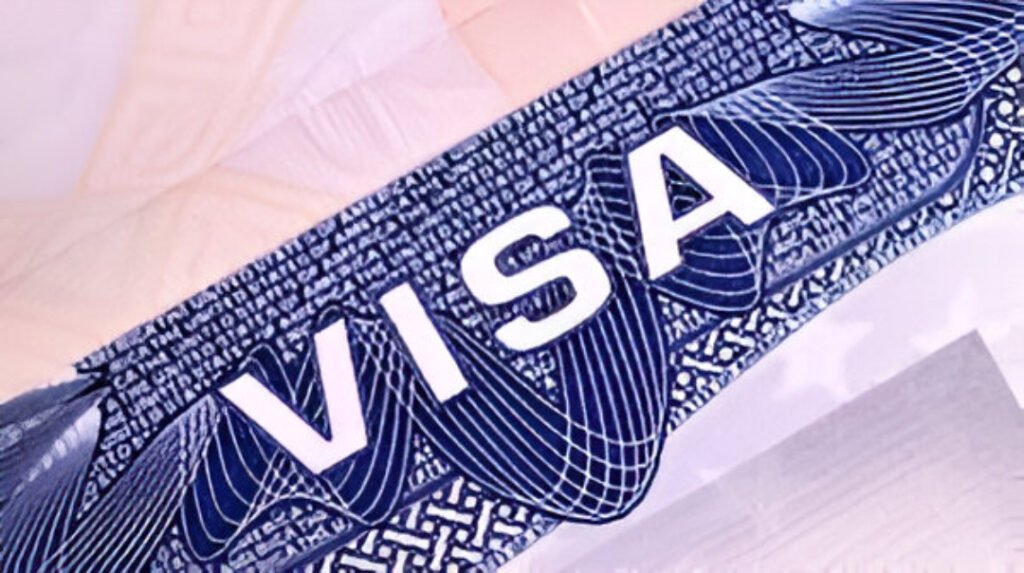
Bridging Social Media and Visa Applications
Candidates unaware of the new compliance requirements risk losing their visa application approvals just because they have not set their social media accounts to the public. This is because such actions may be deemed as attempting to conceal information. It is crucial to emphasize that invalid or lacking supporting documents could result in severe eligibility issues. The U.S. embassies and consulates are issuing new student and exchange visitor visa appointments, which means it’s high time for applicants to check their online presence while ensuring alignment with the new policies.











